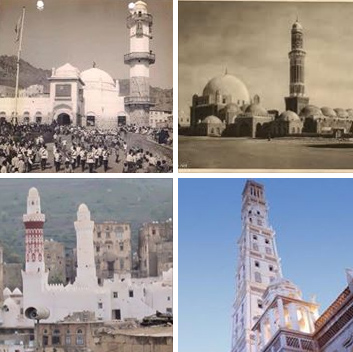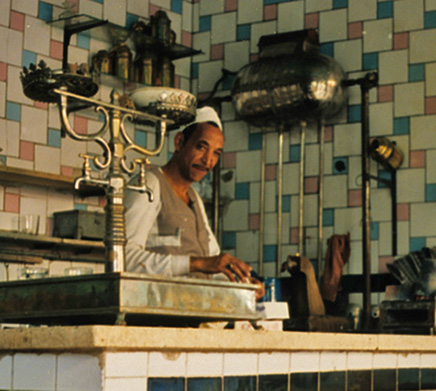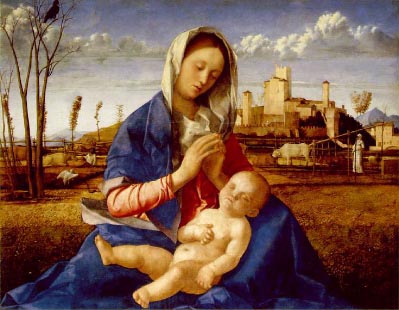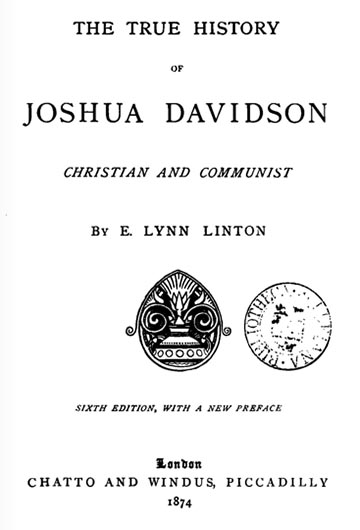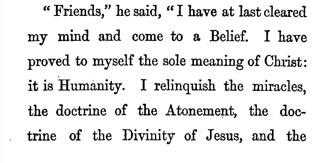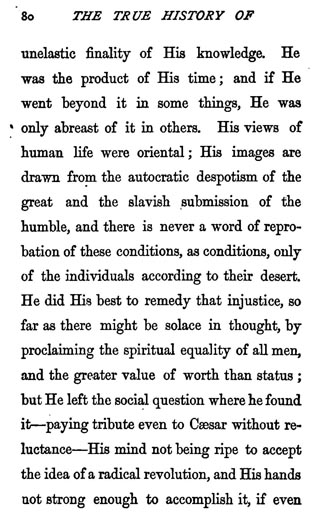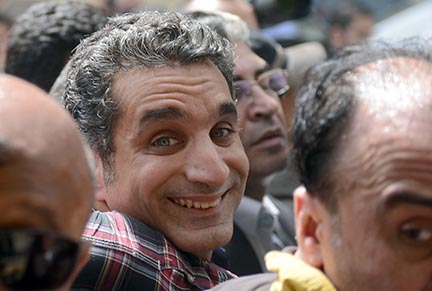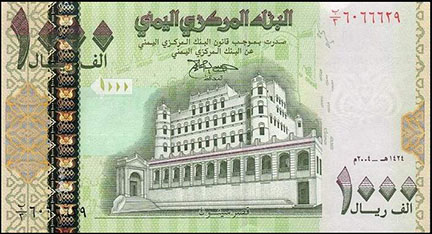
Michel Foucault, the French philosopher/historian, is oft quoted for equating knowledge (savoir) with power (pouvoir). Thanks to investigative reporting by Yemeni journalists, we now have knowledge about how Ali Abdullah Salih, the former President of Yemen, used his power to create riyal-ity, that is fabulous wealth skimmed off Yemen’s oil revenues in riyals. As reported in Yemen Press, Salih funneled millions of his wealth to the United Arab Emirates, also having villas built for his family. He has also distributed his vast wealth, as yet unaccounted for, to Morocco, France, Germany and Italy. It is reported that he did not use his own name, but those of family members.
So what else is new? Dictators, like kings and sultans of the past, have always enriched themselves while poor people starved on the streets. The more power tends to be absolute,or near absolute, the more the coffers get filled. Mamluk sultans in Egypt would periodically sack wealthy officials or merchants just to absorb their wealth. While most contemporary states have safeguards to prevent wholesale laundering of a country’s wealth, dictators generally define their own rules. While Asad hangs on to power in embattled Syria, there are no doubt several bank accounts full of cash if he ends up being forced out.
While it is true that there are various kinds of power, positive as well as negative, economics trumps the abstract notion of knowledge. Greed explains more than prejudice, although the two generally go hand in hand. Yemen is a special case in the seasonal shift following the Arab Spring. Continue reading The Riya-lity of Power

